Sam Altman was down and out at OpenAI. Now he’s taking on Google
It wasn’t long ago that Sam Altman sat in a Las Vegas hotel room, in “an absolute fugue state”, pondering what he would do with the rest of his life.
It was late November last year. The OpenAI chief had gone to Sin City for the Formula One grand prix when he received a courtesy call from the board of the start-up that he had founded and run. They had just voted to fire him.
The coup stunned the tech world. OpenAI, worth an estimated $90 billion (£70 billion), was the hottest start-up on the planet. Its ChatGPT chatbot, which was able to write poetry, develop software code and pass standardised tests, had opened the world’s eyes to the power and perils of artificial intelligence.
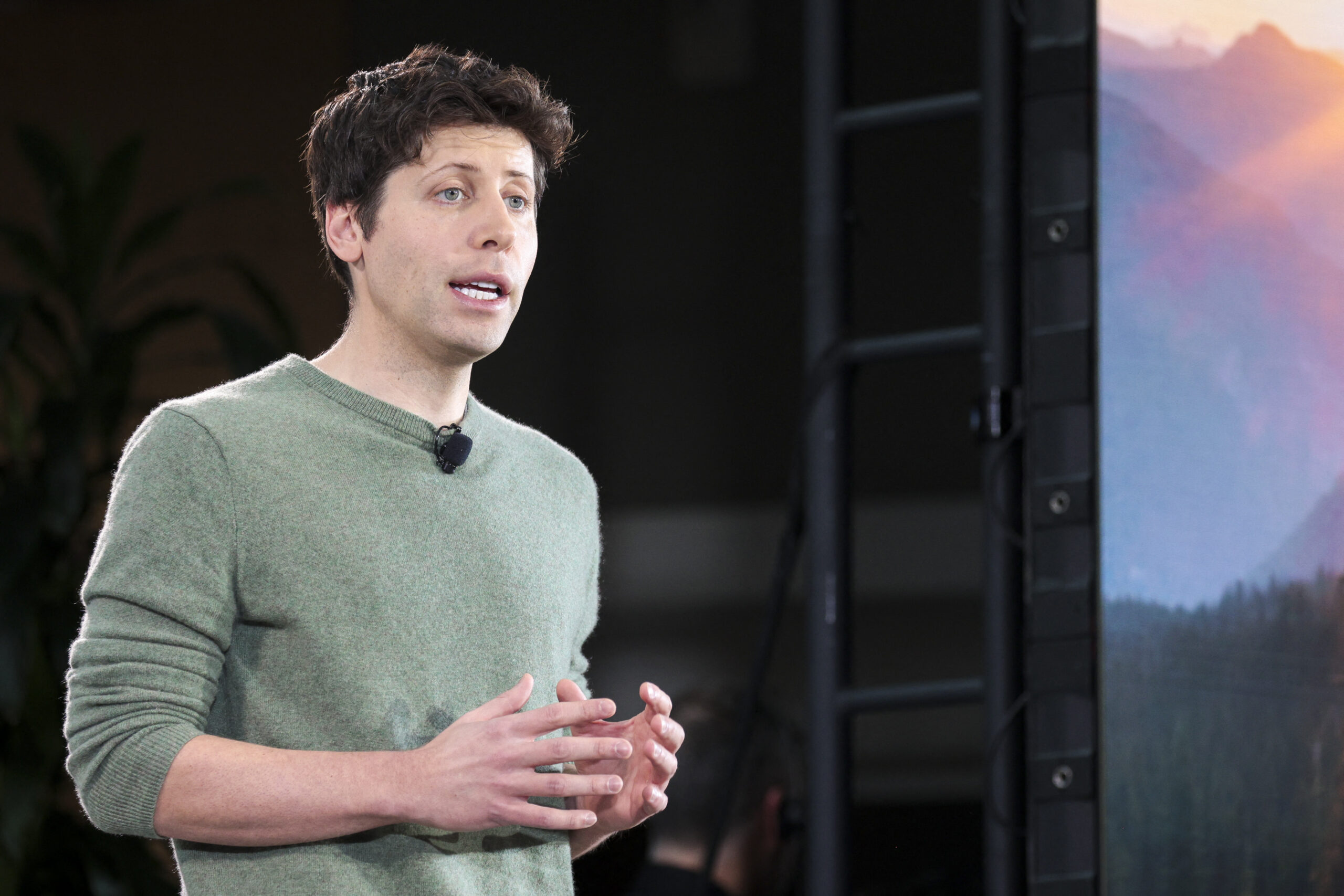
But Altman had been unceremoniously deposed for not being “consistently candid” with the board about some of his activities. It remains unclear what exactly that meant. He said on a podcast recently: “I was just confused beyond belief trying to figure out what to do.”
Of course, he returned days later. The board members who deposed him all walked the plank, as did senior employees not aligned with his vision, raising fresh concerns about how concerned, or not, he is about ensuring AI is safely developed.
But what has been most stunning is how, in the ensuing six months, Altman has struck a series of deals tying his company in with some of the biggest companies on the planet. News Corp, publisher of The Sunday Times, Wall Street Journal and other major publications, has signed a deal to provide content to Altman’s machine. In other tie-ups, he’s ensuring OpenAI’s technology will get baked into billions of consumer devices. As rivals such as Google and Meta jockey for dominance in the dawning AI age, the 39-year-old billionaire has put OpenAI on the path to rivalling them and becoming one of the most ubiquitous tech companies on the planet.
The most important alliance is set to be announced on June 10 at Apple’s annual developers’ conference — a partnership between the tech giant and OpenAI to incorporate ChatGPT into iOS 18, Apple’s newest operating system, which will power its two billion-plus iPhones, tablets and laptops.
How exactly OpenAI’s chatbot will be integrated is uncertain. Its most recent update, dubbed ChatGPT-4o (the “o” is for “omni”) ,was impressive. The bot was able to listen to and translate languages in real time, helping an Italian speaker converse with an English-speaking counterpart. With a smartphone camera enabled, it could describe its surroundings, solve a maths problem that had been written down on a piece of paper, tell jokes and appear to express emotion.
Apple has reportedly been developing its own AI, but it is understood to be inferior. And indeed, the iPhone-maker has tried, and failed, for years to make a success of its Siri voice assistant. One way in which Apple could use ChatGPT would be to power an overhaul of Siri, imbuing it with greater fluidity and understanding of context. Beyond this, what is clear is that the ability of machines to respond to voice commands and hold conversations portends an entirely new way of interacting with technology.
Rather than pecking letters into a glass screen or struggling with a robotic voice assistant whose abilities top out at setting a timer, Altman sees ChatGPT evolving into something like a “senior employee”. He added: “It may get to know me very well. I may delegate to it. It will be like an always available, always great, super-capable assistant.”
If OpenAI’s tech is embedded into iPhones, that would present a very big problem for Alphabet, Google’s parent company. After ChatGPT launched 18 months ago, Alphabet sounded a “code red” internally. It mashed teams together, rushed out imperfect products and produced demo videos doctored to make its rival AI innovation, Google Gemini, seem more capable than it was. Google, in short, is flailing.
Alphabet has also been holding talks to get Gemini integrated into Apple devices. And arguably, no executive knows more about the value of having pride of place on Apple devices than Alphabet boss Sundar Pichai. Last year, his company paid more than $20 billion to Apple to ensure that Google is the default search engine on Apple devices — an arrangement at the heart of a US Department of Justice (DoJ) antitrust case against Alphabet.
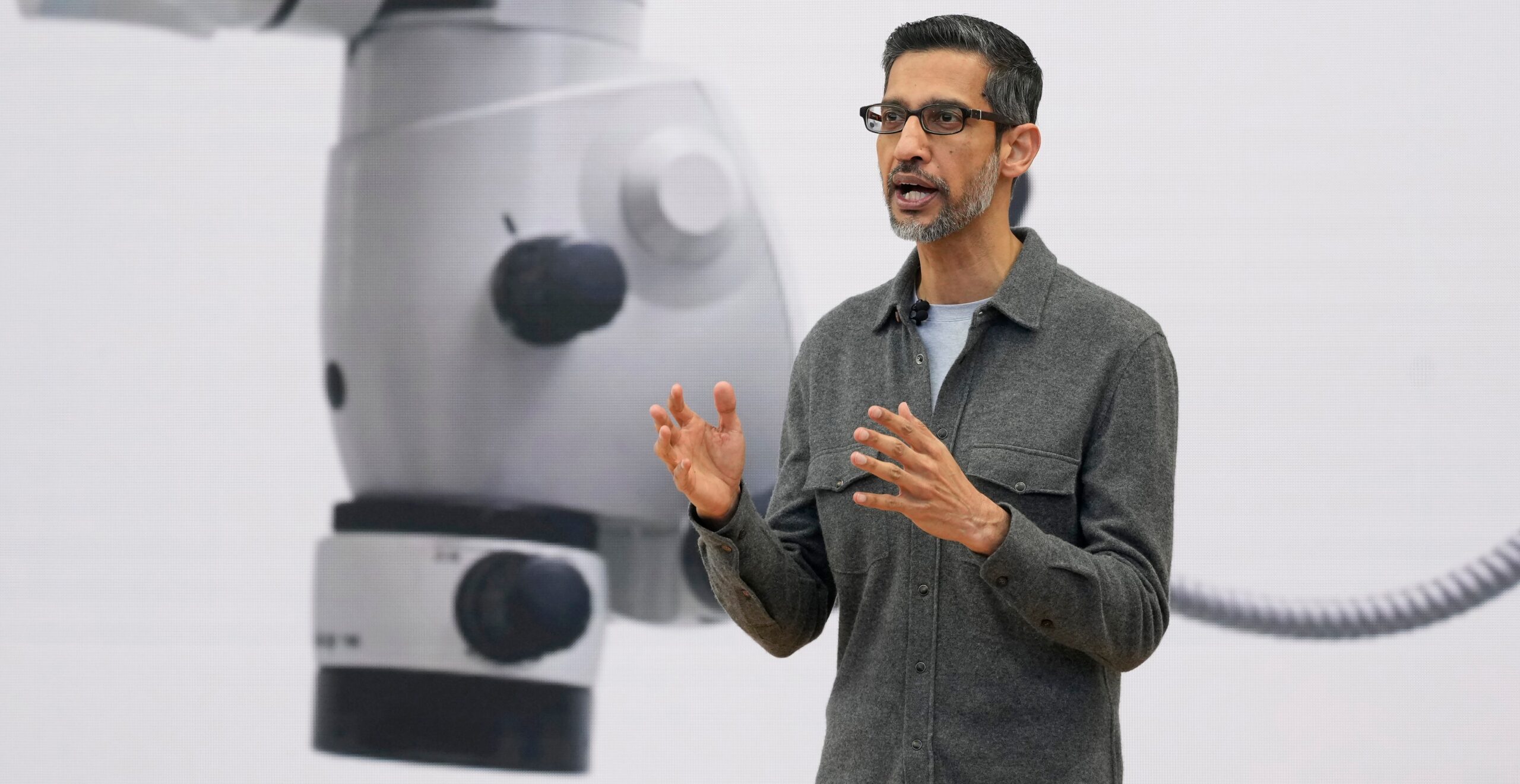
That default status translates into trillions of searches — few people will actively switch to a different search engine — and tens of billions in associated advertising revenue.
All of which will make Apple’s event this month very interesting indeed. A chatbot that answers questions and takes actions on behalf of its user — rather than sending that user to a Google search results page — could undermine a key plank of Alphabet’s business.
However, any alliance would also raise sticky questions for Microsoft, and its chief executive Satya Nadella. The world’s most valuable company is OpenAI’s biggest investor, with a 49 per cent stake. It also has rights to all of OpenAI’s technology, which it has begun incorporating into its devices, including a new generation of AI-centred laptops.
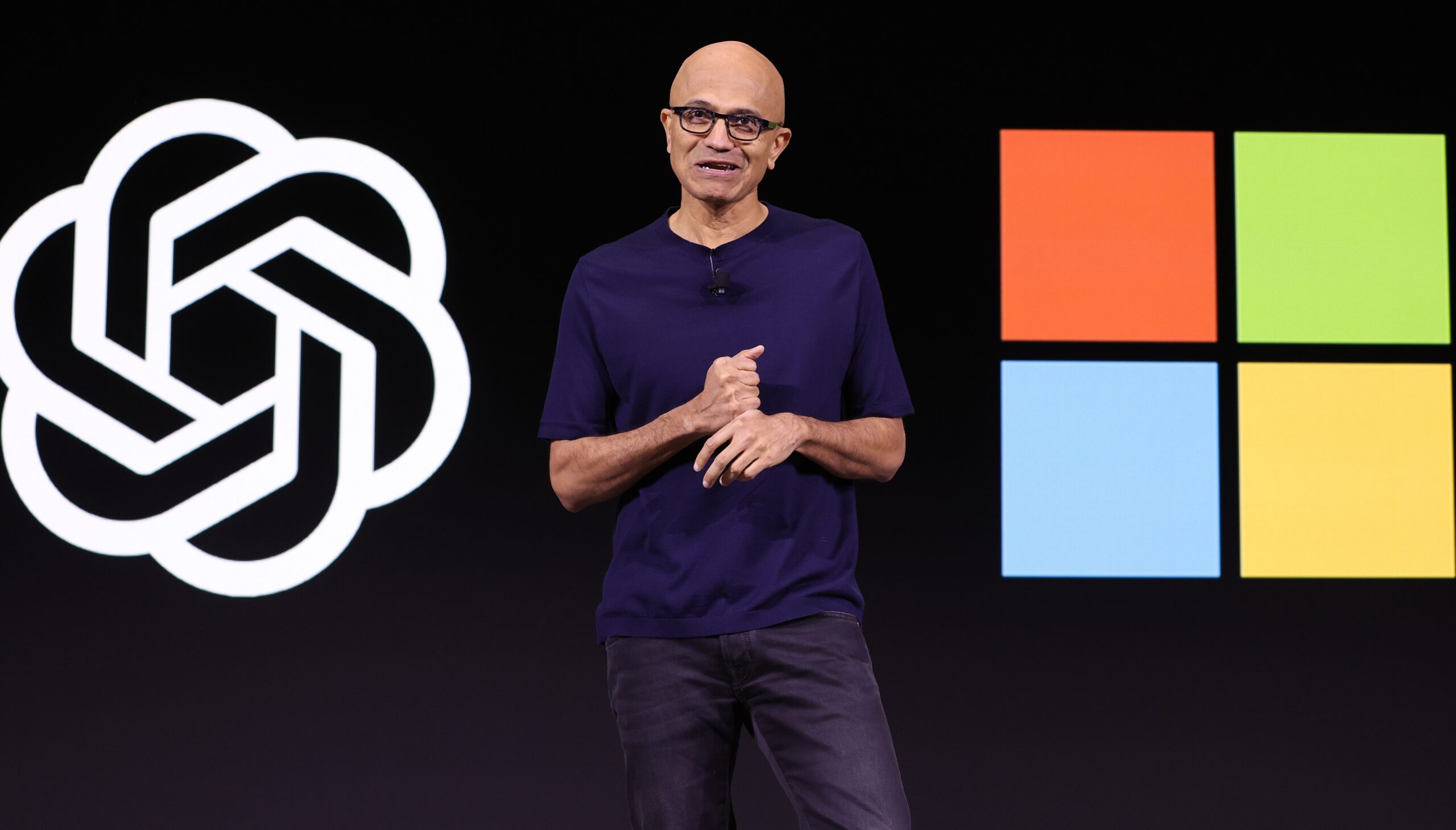
When Altman was deposed last year, Nadella sought to quell fears that his dismissal, and the narrowly avoided mutiny that followed, could hurt Microsoft’s AI ambitions. He was stark about the nature of the relationship with OpenAI, whose tools run on Microsoft data centres, too. Nadella said: “We have all the intellectual property rights and all the capability. We have the people, we have the compute, we have the data, we have everything. We are below them, above them, around them.”
A regulator might read this as an admission that OpenAI is, in effect, a Microsoft subsidiary. Microsoft and OpenAI both contest that claim. It is also true, however, that Apple is already being sued by the DoJ over its dominance in smartphones — and now it is poised to strike a critical alliance with a start-up that, if not controlled by its biggest rival, is heavily dependent on it.
And at the centre of it all is Altman, who six months ago sat dumbstruck in a Vegas hotel, his phone buzzing and pinging and ringing with calls from people wondering what had happened, and what he would do next.
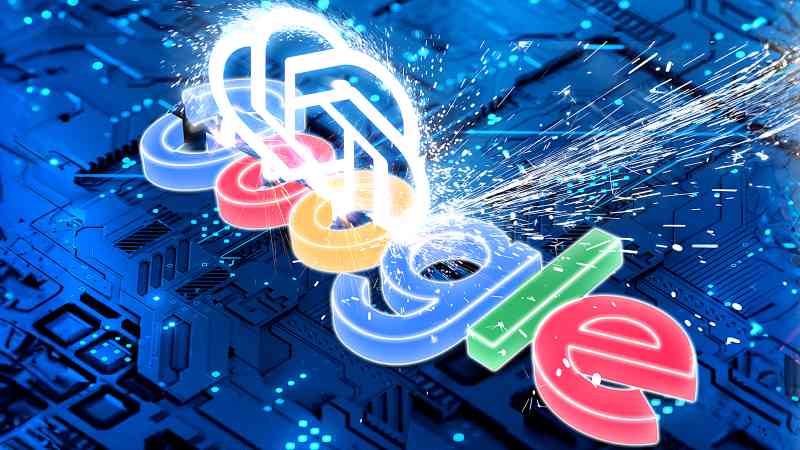

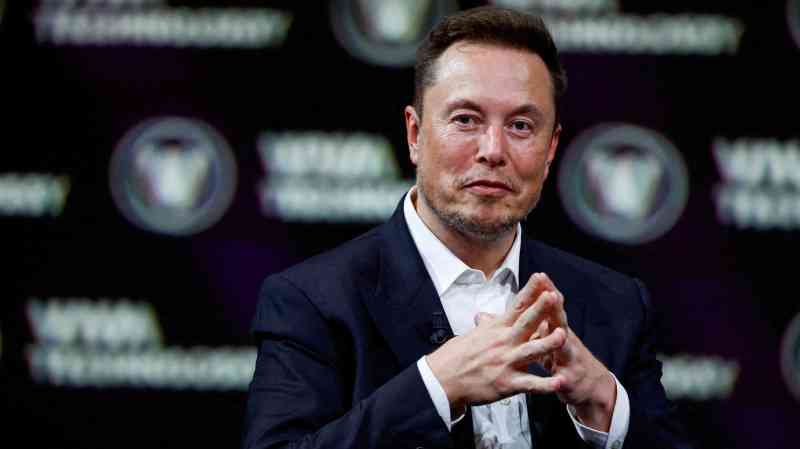
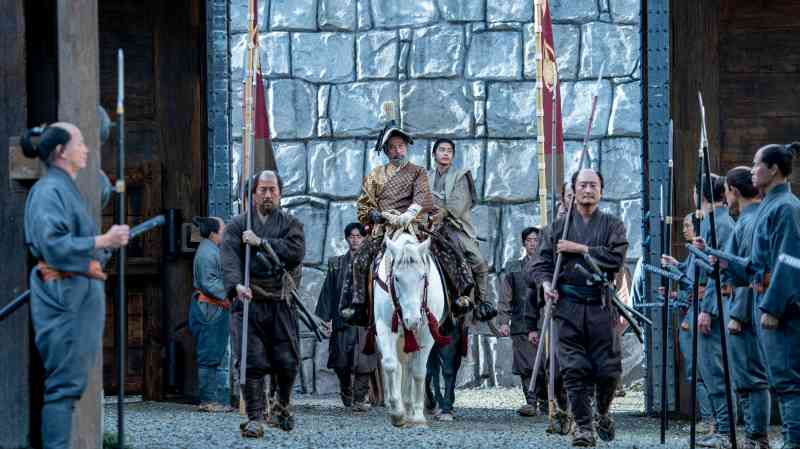
Post Comment